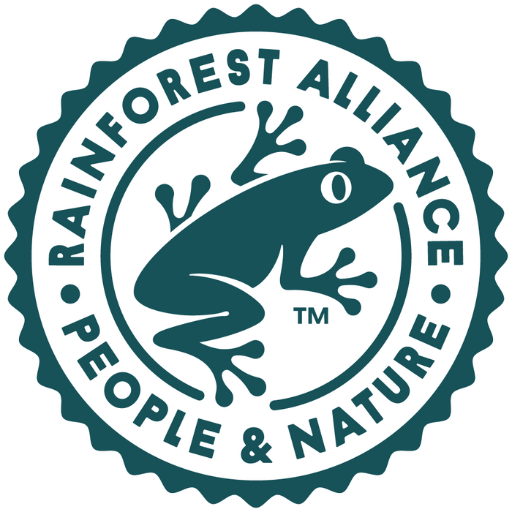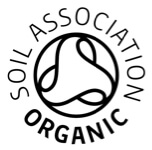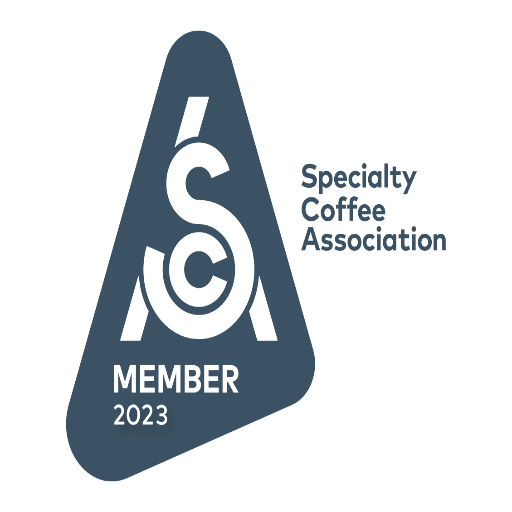When times are good, consumers are only too happy to pay a little extra for an ethical cup of coffee, with the knowledge that the organic beans used to make their fix are good for their health, as well as the fact that the farmer who grew them is guaranteed a fair price, ensuring they get a moral boost to go with the caffeine kick.
However, in harder times, many consumers – perhaps understandably so – are more likely to concentrate on the price label of their coffee than on labels indicating whether it's Fairtrade or organic, for example. Moreover, in order to ease their guilt, some may argue against the benefits of Fairtrade, claiming, for instance, that it's just a scheme dreamt up by PR gurus out to charge hard-working people more for their daily cup. Here are the three main arguments made against Fairtrade coffee and the reasons why they're way off the mark.
Myth 1: You can't taste the difference between Fairtrade and 'normal' coffee anyway
This is often the number one argument given by coffee-drinkers ditching Fairtrade products in favour of cheaper, mass-produced alternatives. Of course, the quality of cheap coffee has come on in leaps and bounds over recent years. However, organically-grown Fairtrade coffee can indeed taste better, with the science behind coffee farming – as well as countless blind taste tests – confirming this.
That said, it is worth bearing in mind that quality and Fairtrade don't come hand in hand by default. A poor quality coffee that is Fairtrade will not taste as good as a superior quality coffee that is not. It is vital that traders place the utmost importance on the quality of the bean, its cultivation and the way in which it is processed, as well as the other factors such as associated standards.
Generally speaking, Fairtrade coffee is grown much slower than mass-produced alternatives. It's also grown without the use of chemical fertilizers or pesticides, ensuring that it can keep all of its natural nutrients. Additionally, once grown, organic coffee is then pressed and processed without the use of harsh chemicals, while this overall approach to growing ensures that the plants are able to feed nutrients back into the soil, ensuring high-quality, tasty beans will be produced for generations to come.
Myth 2: Fairtrade is just a meaningless marketing ploy
Ask a Fairtrade farmer in a country such as Guatemala, for example, whether he thinks the scheme is a sham or not and, chances are, he will beg to differ. For, while no system is perfect, and though Fairtrade does get some bad press from time to time, there's no doubt that, by paying a fair price for their coffee, consumers help to ensure a better quality of life for those who grow the beans.
The Fairtrade Foundation – which accredits products sold in the European Union and certain other parts of the world – has strict standards which producers must meet in order to be certified. These include a range of social, economic and environmental requirements, while inspectors must also be satisfied that a producer is actively developing farmers' organisations and improving the prospects of the growers themselves.
Similarly, the Fair Trade for All certification scheme – created and overseen by Fairtrade USA – also has strict requirements growers must meet if their products are to be labeled Fairtrade when sold on the US market. Again, at its core, this scheme guarantees that growers will receive a minimum price for the coffee they grow, while rules are also in place to ensure plantations meet environmental standards and that members ensure all their farmers enjoy a good quality of life.
Myth 3: Now big business has got hold of it, Fairtrade is meaningless
Okay, so it may be true that, while just a few years ago, Fairtrade products were mainly only found in small, independent shops – or even just for sale in charity shops or at church fairs – these days, all of the world's biggest retailers stock them.
Furthermore, most corporate giants – many of whom have are routinely criticised for things such as poor pay and denying their workers the right to form unions – have by now launched their own Fairtrade products. For some critics, it is this which shows just how far the Fairtrade movement has deviated from its original roots and aims.
However, this coming together of the Fairtrade movement with big businesses shouldn't be dismissed so readily. For starters, since most Fairtrade coffee is grown organically and on a relatively-small scale, it means even more people are able to enjoy high-quality, great-tasting coffee rather than the far inferior products that were for so long all supermarket chains had to offer. Additionally, in many cases, this has made Fairtrade coffee more affordable, meaning more people are able to buy it.
Since Fairtrade agreements guarantee growers a minimum price for their beans, it is the middlemen – such as the retailers – who take a cut, with farmers in developing countries actually benefiting from growing demand.









